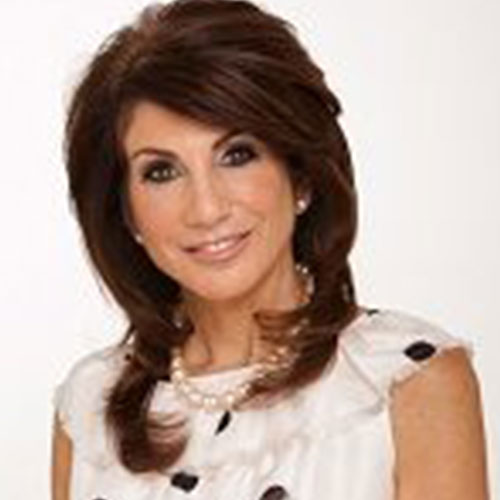The Decision to End Marriage is Never Easy
The decision to end a marriage is never easy, even if both parties are in agreement that such a time has come. Out of decades of often litigious and emotionally devastating divorce settlements, a different approach to dissolving marriages has evolved. The Collaborative Divorce process is regarded as less adversarial, more humane, and allows for greater input, flexibility, and uniqueness in constructing co-parenting plans.
Still, a non-adversarial approach to divorce has its own stressors, challenges, and costs. Each party must adhere to the rules and parameters of this model: agreeing to its Participation Agreement with full disclosure, transparency, honesty, and a sincere willingness to work together (i.e., meaning putting aside unpleasant feelings and memories with the support and guidance of the team) for the best interest of the family. Each individual selects a Marital and Family Law Attorney trained in this process, along with agreeing on utilizing two other allied professionals. And, these would be adding the services of a Neutral Financial Professional (CFP, CDFA, or CPA) and a Neutral Mental Health practitioner (Ph.D., Psy.D., or LCSW).
It is important for any adult to realize that neutral MHP is there to help move the progress forward. The licensed practitioner is not there to provide therapy, but can make a recommendation if it is in the parent’s best interest. Most important, each adult needs to feel understood, respected, and to experience an empathic ear. This is a very different role than providing therapy.
The idea that two parties can elect to bypass the uncertain outcome of Court and take back greater control is tremendously appealing. Yet, it is important to understand the full meaning of the term “collaborative” so it is not misunderstood. The terminology speaks more to the overall process and willingness to work with the other side in a reasonable give-and-take manner to reach an agreed upon settlement. Yet, this does not mean it is an easy process. That’s where the other members of the team play an essential role. It is up to them to demonstrate understanding, patience, compassion, along with using their particular areas of expertise with deliberate objectivity, in order to work productively together to keep the process moving forward so a divorce settlement can be reached. The caveat: if two parties cannot reach an agreement, all professionals must withdraw.
The Collaborative Divorce team works hard to contain emotional damage, as it takes time for each side to sort out feelings, understand and divide financial resources, plus craft a fair time-sharing arrangement. One of the advantages of this model is having the flexibility and capability to skillfully construct a divorce settlement that uniquely meets the needs of any family, while maintaining dignity and respect in the negotiations.
Civility is demonstrated and modeled throughout the process, so there is a greater likelihood to achieve an outcome where parent-child bonds remain loving, strong, and intact.
Various studies have repeatedly shown how children and teens are at risk to experience greater emotional and behavioral problems as a result of witnessing pervasive, ongoing conflict when parents divorce. Learning how to contain personal slights without involving the kids creates intangible benefits for personal and family satisfaction. Thus, this is one reason many psychologists, like myself, are choosing to become involved in this process. The outcome is seen as a healthier alternative in preserving family ties, reducing long suffering and resentments.
For any parents who are contemplating what method of marital dissolution is least detrimental to their family’s well-being, may you trust in this method and choose the collaborative divorce process.

